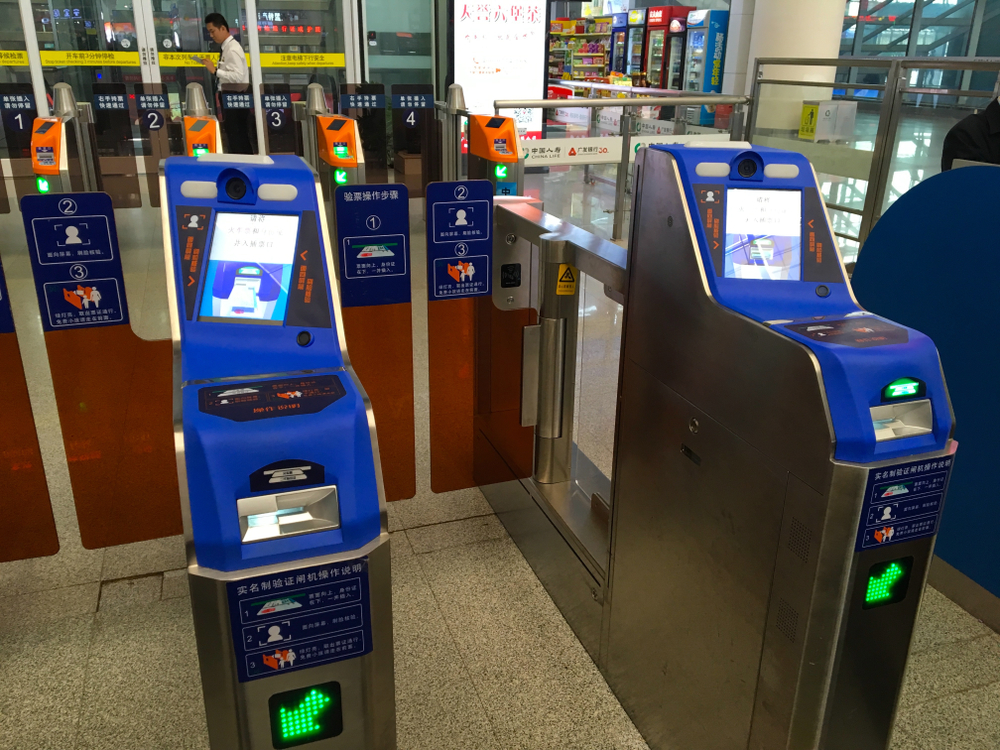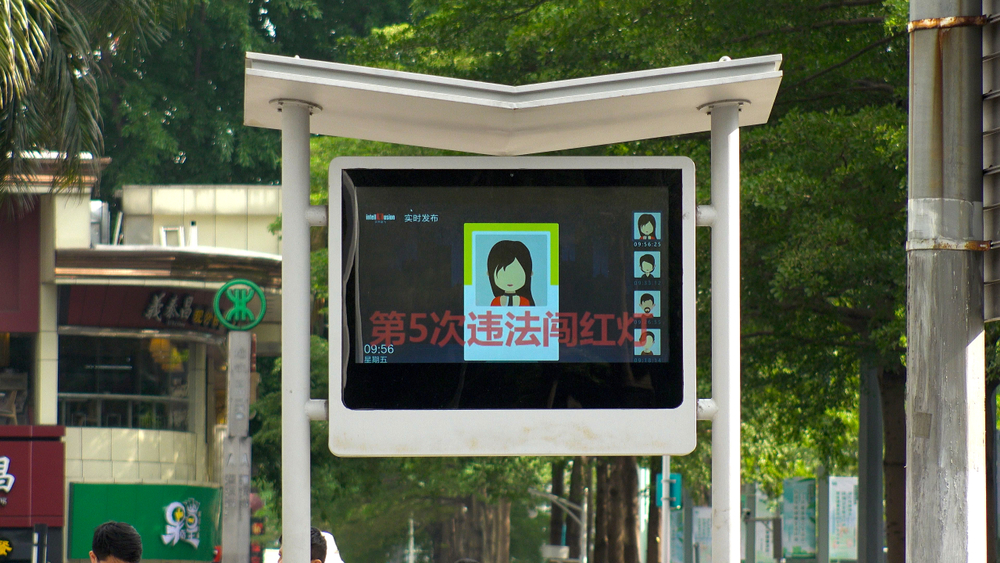
In what seemed to be an episode from Black Mirror, passengers at the Beijing’s high-speed railway station needed to pass through a machine before they board the train. Hats, scarves, and smog masks off so the facial recognition system could get a clear picture of their face. Passengers also had to put their national identity card in the machine.
The Sydney Morning Herald reported that Beijing’s high-speed railway station debuted China’s facial recognition system 2.0 that requires a clear image for its records.
The Lunar New Year is dubbed as the world’s biggest human migration that sees 400 million people across China travelling between 21 January and 1 March.
Facial Recognition 2.0 is the improved and accurate version of its predecessor equipped with multiple cameras to capture the face of passengers. The system is another step for surveillance that captures faces to be filed in vast databases that can be mined by artificial intelligence algorithms.
The system is nothing new and is pervasive at entrances and exits of train stations in the region of Xinjiang. The report claimed that its purpose is to restrict the movements of the Uighur ethnic minority.

As the technology rolls out in major cities in China, the state media highlights convenience, promising shorter queues, and “safety” benefits.
The Global Times, a nationalist newspaper in China, claimed that “the technology can also help track those who break the law via a blacklist, and monitor and alert authorities … the technology helps quickly deploy security to the scene.”
However, critics argue that this is another way for the ruling party to harness data from citizens. The rail network, which millions of Chinese use everyday, becomes the logical choice to run this experiment to watch citizens and to shape their behaviour.
Passengers are warned over the public announcement system to behave as breaking the rules and the law will be recorded in their social credit file. The social credit system aims to harness data to reward good behaviour and punish wrong behaviour. Since its inception in 2014, more than five million people have now been banned from buying a high-speed rail ticket and 17 million stopped from buying air tickets because they appear on the social credit system blacklist.



 share
share








































